HOW DOES THE FEE CALCULATOR FOR THE CASH APP WORK?
Similar to Venmo, Zelle, and PayPal, Cash App (formerly known as Square Cash) is essentially a peer-to-peer (P2P) payment system. It enables you to divide costs, pay back loans from friends, collect money from roommates, and other things. Cash App also allows you to invest in stocks and bitcoin in addition to its primary P2P functionality.
However, you can get a free debit card (Cash Card) to get around the fact that you can’t use the app at your neighborhood coffee shop (Point-of-Sale).
Accounts come in two flavors: personal and business. The default setting for all newly established accounts is personal, but you can alter it to business. The detailed instructions in this article can be followed.
When mailing and transferring the balance to your bank, both accounts have comparable fees. For receiving into Business accounts, Cash App charges 2.75% of the entire transaction value. Both sending and receiving are subject to restrictions.
There is a 3% fee if you use a credit card to fund your account. It costs nothing to add money to your account using a debit card or bank account. You can transfer money received through Cash App to your bank either immediately (Instant Deposits) or over the course of one to three business days (Standard Deposits). The cost of instant deposits ranges from 1.5% to 1.75%, with a minimum fee of $0.25.
MUST BE READ: 7 Best WhatsApp Spy Apps & Tools for Android and iPhone
Pay Out
Depending on which is larger, instant deposits to your associated debit card will be subject to a 1.5% 0.5% – 1.75% fee or a quarter (25) per transaction.
For instance, Cash App will charge $0.25 as the minimum fee if you want to make an instant deposit of $10. 1.5% of $10 is $0.15.
Cash App will charge $1.50 for an instant deposit of $100 because it exceeds the required minimum.
MUST BE READ:How to buy beauty products through wholesale suppliers
FINANCIAL STATEMENTS
Except for receiving money, corporate accounts have the same fees as personal accounts. The same personal account fees apply to sending and cashing out.
RECEIVING
For every dollar received into corporate accounts, Cash App charges 2.75%.
What is the $100 Cash APP Fee?
You’ve reached to the right site if you’re wondering “What is the Cash APP Fee For $100?”. Calculate the fee that you will be required to pay in order to withdraw the money that you have earned. This charge is determined by how you use Cash App to make a withdrawal. Cash App allows you to withdraw money via bank transfers or cash, but there is a fee of up to 1.5 percent of the withdrawal amount that you must pay.
The Cash APP will charge you 3% of the total for credit card transactions. When you use PayPal to complete the transaction, this fee is waived. For regular withdrawals of $100 or less, there is a fee of 0.5%. Additionally, a $5 fee must be paid if you want to withdraw more than $100. Before transferring money to another account, be sure you have the precise amount on a real calculator because these costs could alter in the future.
Is there a $25 fee for using Cash App?
You might be unsure if Cash App charges a $25 fee because there are so many firms that promise rapid payments. You are not required to pay a fee, is the answer. For clearing the transaction, which is normally a cost of utilizing a broker, there is a minor fee. There are no fees associated with using the Cash App to clear transactions. Instead, utilizing the Cash app for commercial reasons will result in a modest cost.
You may be familiar with the “sugar daddy” scam, in which con artists pretend to be sugar daddies and assure you of a sizable sum of money. If you do not pay the con artists, they will also threaten to assault your account. To make matters worse, these con artists can require your personal details in exchange for a last payment. Even while it may seem like a safe approach to earn extra money, doing this can put you in danger.
What is $200 Fee Cash APP?
Cash App might be the best option if you’re thinking about using a cash advance service. With this innovative software, borrowing $20 to $200 at a low rate with a four-week repayment time is simple and convenient. Millennials favor cash advances because they are rapid, practical, and secure. Before using the service, you should be aware of the terms and costs.
Many small loan programs draw attention to and provide information about their qualifying requirements on their websites or in introduction letters. The eligibility requirements for Cash App, on the other hand, have not yet been made public, but they might include a credit check, balance, income statement, spending history, and contact information.
Users can send money using Cash App by connecting their bank or credit card. Cash App charges 3% of the transfer amount as a fee to send money, nevertheless. This implies that if you use Cash App to send $200, you will actually pay $206 rather than $200. When you send money using your debit card or bank account, this is not the case. Additionally, you should avoid sending money using your credit card if you want to pay with cash and avoid fees.
How Do I Report a Fake Account on Instagram?
Why Am I Being Charged by Cash App?
Use the Cash App card to send money to a company when you want to do so. You can use the card’s feature to make ATM withdrawals without using a bank account. Since it is a debit card rather than a credit card, you won’t have to be concerned about fees when sending money to a company. Additionally, if you use the card to withdraw money, you won’t be charged a fee.
The Cash App fees are fairly straightforward. If you only use your card once or twice per week, you won’t have to be concerned about ATM fees. However, you should refrain from using your Cash App debit card to make instant withdrawals or credit card transfers. In a similar vein, you should refrain from using your Cash App Visa Debit card to withdraw money from ATMs. For customers who receive at least $300 in direct deposits each month, the company also covers ATM fees. The user interface of Cash App is simple to use, and you can send money to anyone by using their name or a “Cashtag,” a special code that you can create and personalize.
The Cash App Fee: How Can I Avoid It?
You’ve probably come across the CashApp Fee Calculator if you’re like many other Cash App users. You must enter values into text boxes and drop-down lists on these calculators in order to determine how much you will be charged. Thankfully, the calculator is simple to use, and the most recent update was made on January 12. You can access this tool by going to the Cash App website and entering the necessary data to determine your fee.
The $ icon should be selected after clicking the balance tab. The amount you want to deposit is then entered. You’ll be required to scan your finger or enter your PIN. Once you’ve entered your information, tap “Continue.” The verification process will be finished once you’re done, and the transaction will be finished as well. The money is then available for withdrawal without concern for fees.
The Square Cash App’s fee estimator operates similarly. Simply tap on the “Money Flow” option and choose your money source. Choose between your Cash App account balance, Debit Card, Bank, or Credit Card. If you’re unsure, use the calculator. It’s easy to use and is highly recommended for users. If you’re unsure about the amount of money you’ll be charged, you can use the Square Cash App Fee Calculator to figure out the exact amount you’ll have to pay.
Can You Send $5000 Through Cash App?
Can You Send $5000 Through Cash App? Yes, but only if you verify your identity. To send a larger amount, you need to be verified, and you can do this by confirming your bank account and mobile payment company. If you don’t verify your account, you can only send $250 a day, or $700 a week. Then, you can send as much as $5000 per week.
To send more money, you can upgrade your Cash App account. You can send up to $5000 without a fee. However, once you verify your account, you can send up to $7500. Once your account is verified, you can send as much money as you want, but you must pay a 1.5% fee for every instant deposit. Otherwise, it’s a great way to send money to your loved ones.
To increase your Cash App withdrawal limit, you need to visit the application store and sign into your account. Then, enter your full legal name, your social security number, and your date of birth. Once you verify your identity, you’ll be granted higher transaction limits. You can send up to $7,500 a week and earn over $50k per week. However, you should note that you must wait a few days for the money to reach your recipient’s bank account.
What is $200 Fee Cash APP?
Cash App might be the best option if you’re thinking about using a cash advance service. With this innovative software, borrowing $20 to $200 at a low rate with a four-week repayment time is simple and convenient. Millennials favor cash advances because they are rapid, practical, and secure. Before using the service, you should be aware of the terms and costs. Many small loan programs draw attention to and provide information about their qualifying requirements on their websites or in introduction letters. The eligibility requirements for Cash App, on the other hand, have not yet been made public, but they might include a credit check, balance, income statement, spending history, and contact information.
Users can send money using Cash App by connecting their bank or credit card. Cash App charges 3% of the transfer amount as a fee to send money, nevertheless. This implies that if you use Cash App to send $200, you will actually pay $206 rather than $200. When you send money using your debit card or bank account, this is not the case. Additionally, you should avoid transferring money using your credit card if you wish to pay with cash and avoid fees.
For Any Updates Keep Visiting Our Website ecthehub.com


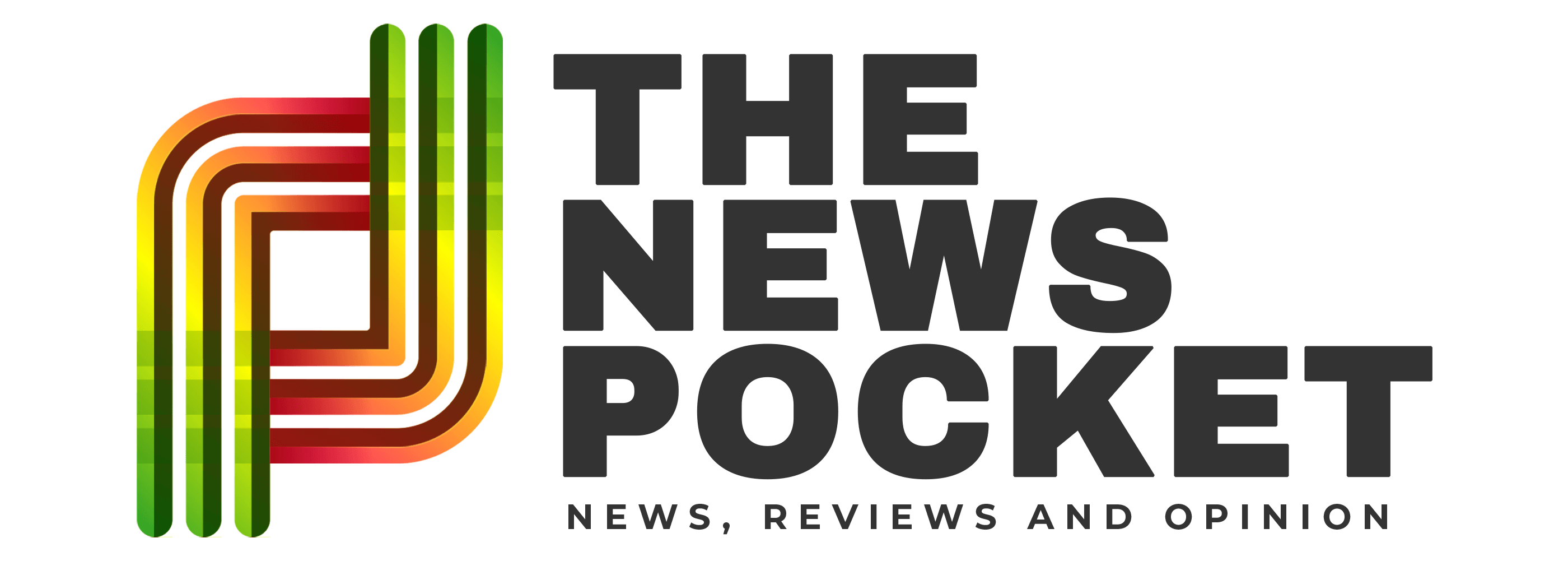
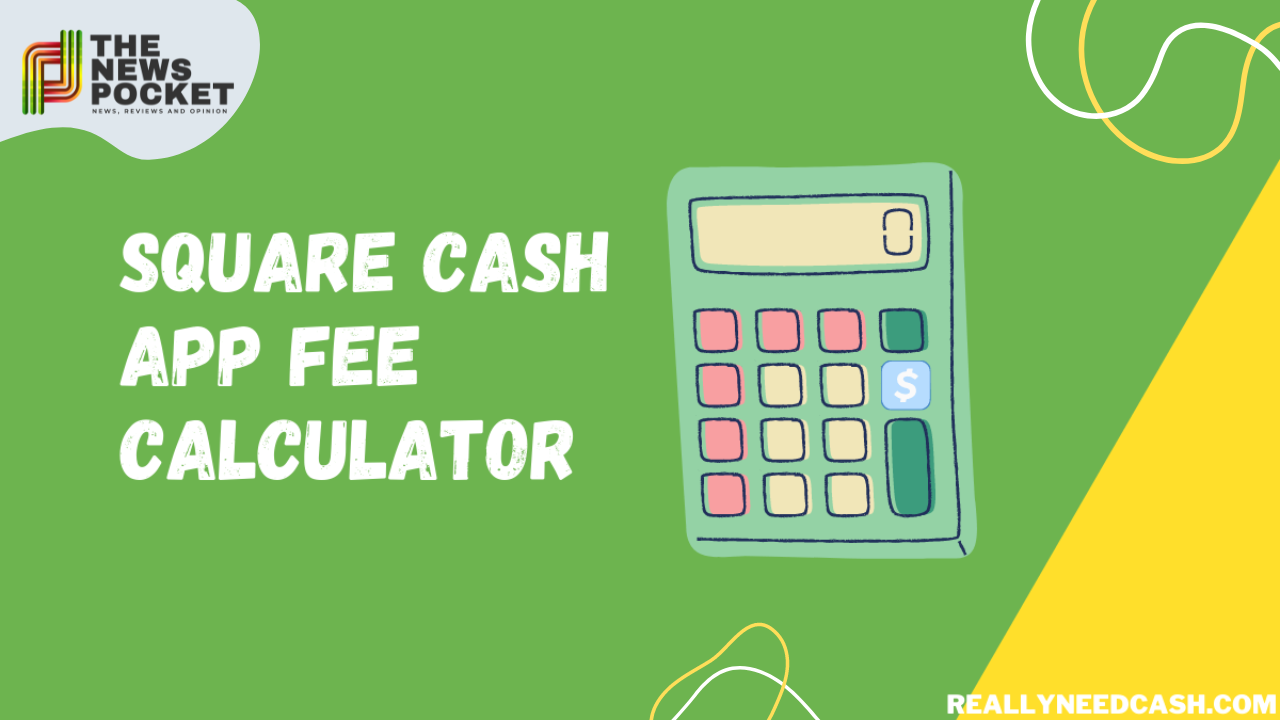
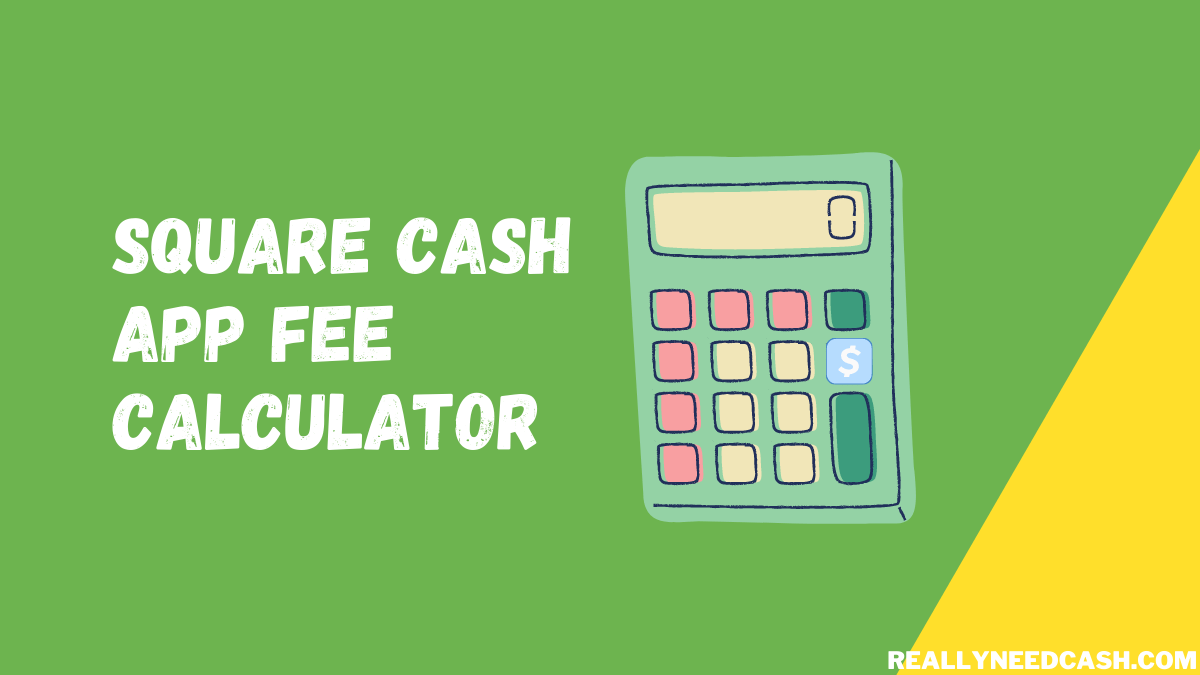

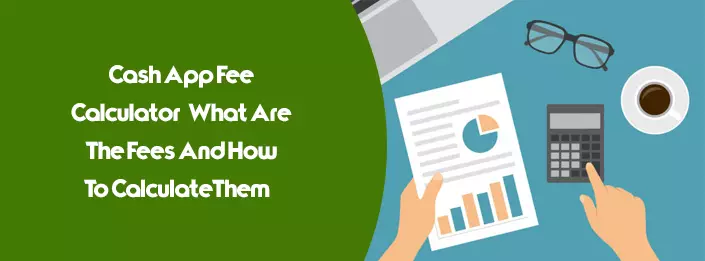




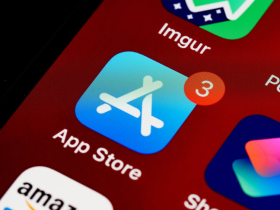
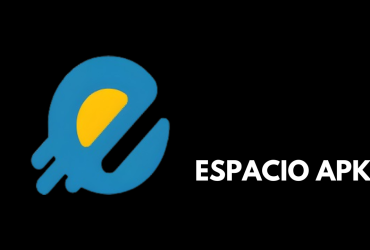

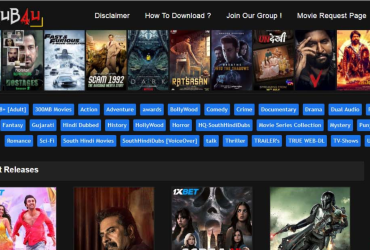
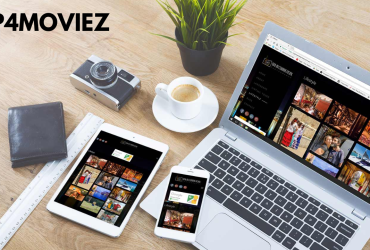
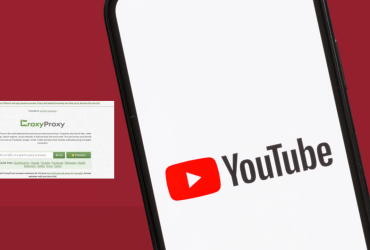
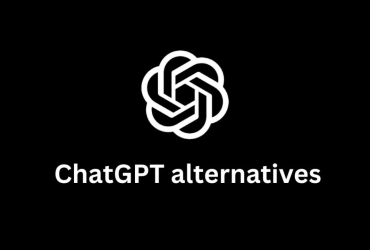
Leave a Reply